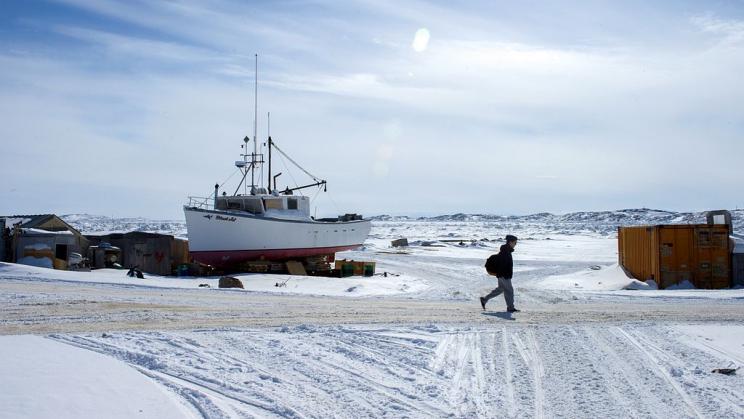
SIPRI is pleased to announce the publication of its latest Policy Paper, 'Emerging Chinese–Russian cooperation in the Arctic'.
Russia increasingly focuses on developing the Russian Arctic as a way to strengthen its economic base. However, long-term trends in energy markets and the recent conflict in Ukraine (and the sanctions from the USA and the EU that followed it) have placed restrictions on Western companies’ involvement in energy projects in the region. This has motivated Russia to look more closely at Asia—as a source of potential investors and technology partners as well as a key consumer market. In this context, engaging China with regard to Arctic development has become more and more appealing for Russia.
China is keen to further strengthen its engagement and role in the Arctic. In recent years China has been consolidating its position as a legitimate Arctic stakeholder by diversifying and strengthening its bilateral relations with all the Arctic states through economic deals, scientific cooperation and stronger diplomatic ties. At first glance, Chinese–Russian cooperation on developing energy resources and sea routes in the Russian Arctic looks like an objective that China and Russia could work on closely together and have complementary interests. This report asks: is it that simple?
This SIPRI Policy Paper was written by Camilla T. N. Sørensen, Assistant Professor at the Department of Political Science at the University of Copenhagen, and Ekaterina Klimenko, a Researcher in SIPRI's Arctic Futures Project and the Coordinator for Conflict and Peace at SIPRI.